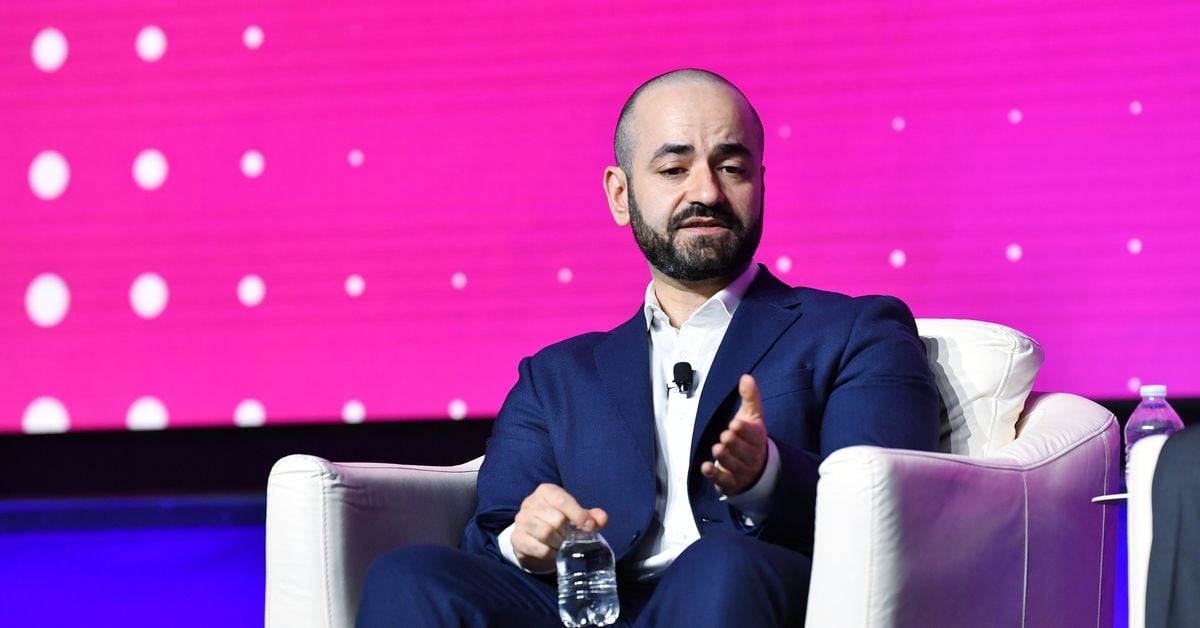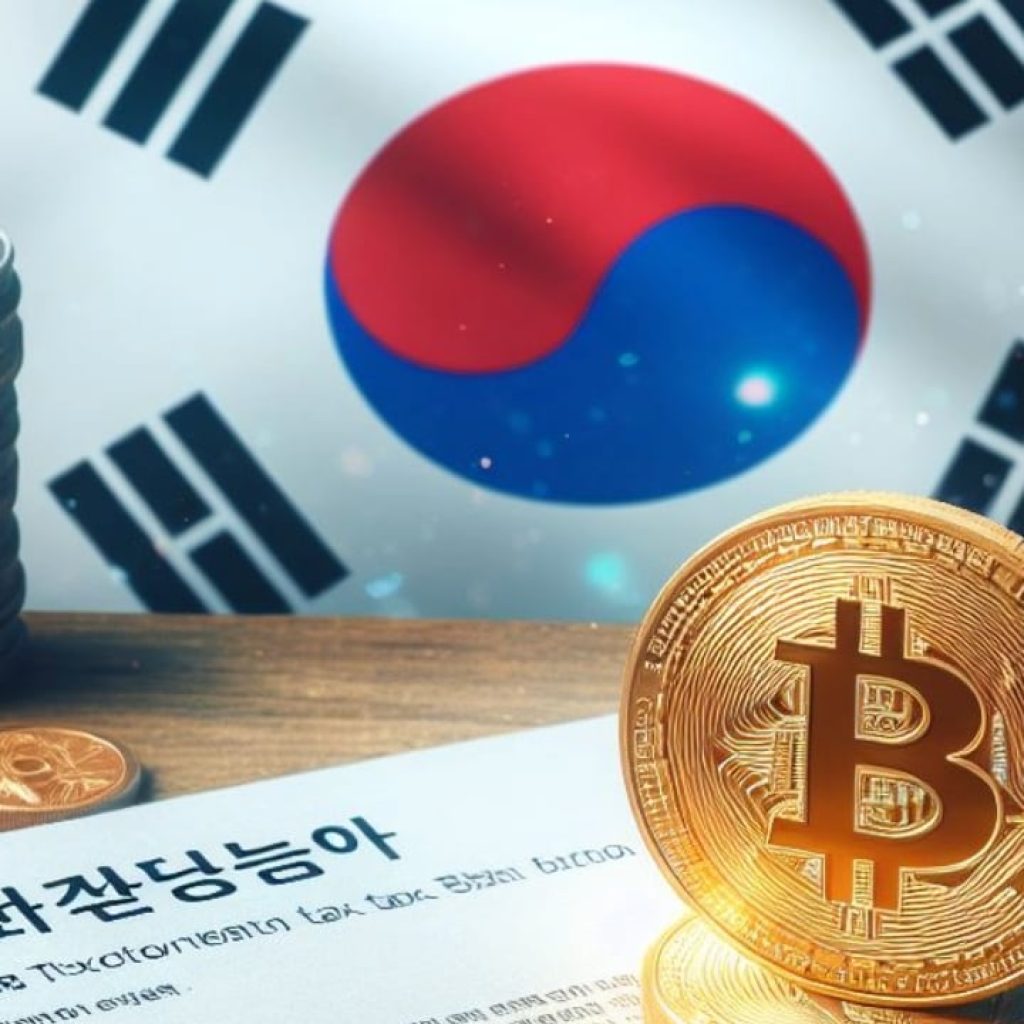In a significant development in cryptocurrency regulation, the Monetary Authority of Singapore (MAS) has expanded its scrutiny to include more entities in its Investor Alert List. The recent addition of the noncustodial crypto wallet, imToken, and the BKEX crypto exchange marks a new phase in Singapore’s regulatory efforts to oversee the burgeoning crypto market.
MAS’s growing focus on crypto regulations
The MAS, Singapore’s central bank and financial regulatory authority, have been increasingly vigilant in its approach towards the crypto sector. This move follows a pattern that began with the inclusion of Binance, a leading global cryptocurrency exchange, in the MAS Investor Alert List in late November 2021. The action against Binance was a response to several complaints and an investigation that unfolded throughout 2021.
With the addition of imToken in early December, MAS has signaled its intention to focus on crypto exchanges and other aspects of the digital asset ecosystem, including noncustodial wallets. These wallets, which give users more control over their private keys and assets, have been under the radar for potential risks they might pose to investors and the financial system.
Impact on the crypto market and investors
The inclusion of imToken and BKEX in the MAS Investor Alert List has notably impacted the cryptocurrency market, particularly in Singapore. It is a caution to investors, urging them to perform thorough due diligence when engaging with these platforms. The MAS’s actions are not just a warning to investors but also serve as a reminder to crypto businesses about the importance of adhering to local regulations.
Following the MAS directive, Binance has taken significant steps to comply, including considering geo-blocking Singapore IP addresses and removing its app from Singapore’s app stores. These measures by Binance indicate the potential path other affected entities might have to follow in response to regulatory concerns.
Singapore’s firm stance on crypto regulation
Adding more crypto entities to its alert list reflects Singapore’s firm stance on cryptocurrency regulation. The city-state, known for its robust financial regulatory framework, is taking a proactive approach to ensure investor protection and to prevent illicit activities in the crypto domain.
This regulatory development in Singapore is part of a global trend where financial authorities are increasingly scrutinizing the cryptocurrency market. The actions taken by MAS reinforce the notion that crypto businesses operating in or targeting Singaporean users must comply with the country’s regulatory requirements to ensure the safety and stability of the financial system.
The Monetary Authority of Singapore’s recent move to include additional crypto entities in its Investor Alert List underscores the increasing regulatory scrutiny in the cryptocurrency sector. This development indicates to investors and crypto businesses that compliance with regulatory standards is imperative. As the crypto market continues to evolve, the role of regulatory bodies like MAS in shaping a safe and stable digital asset ecosystem becomes increasingly significant.





